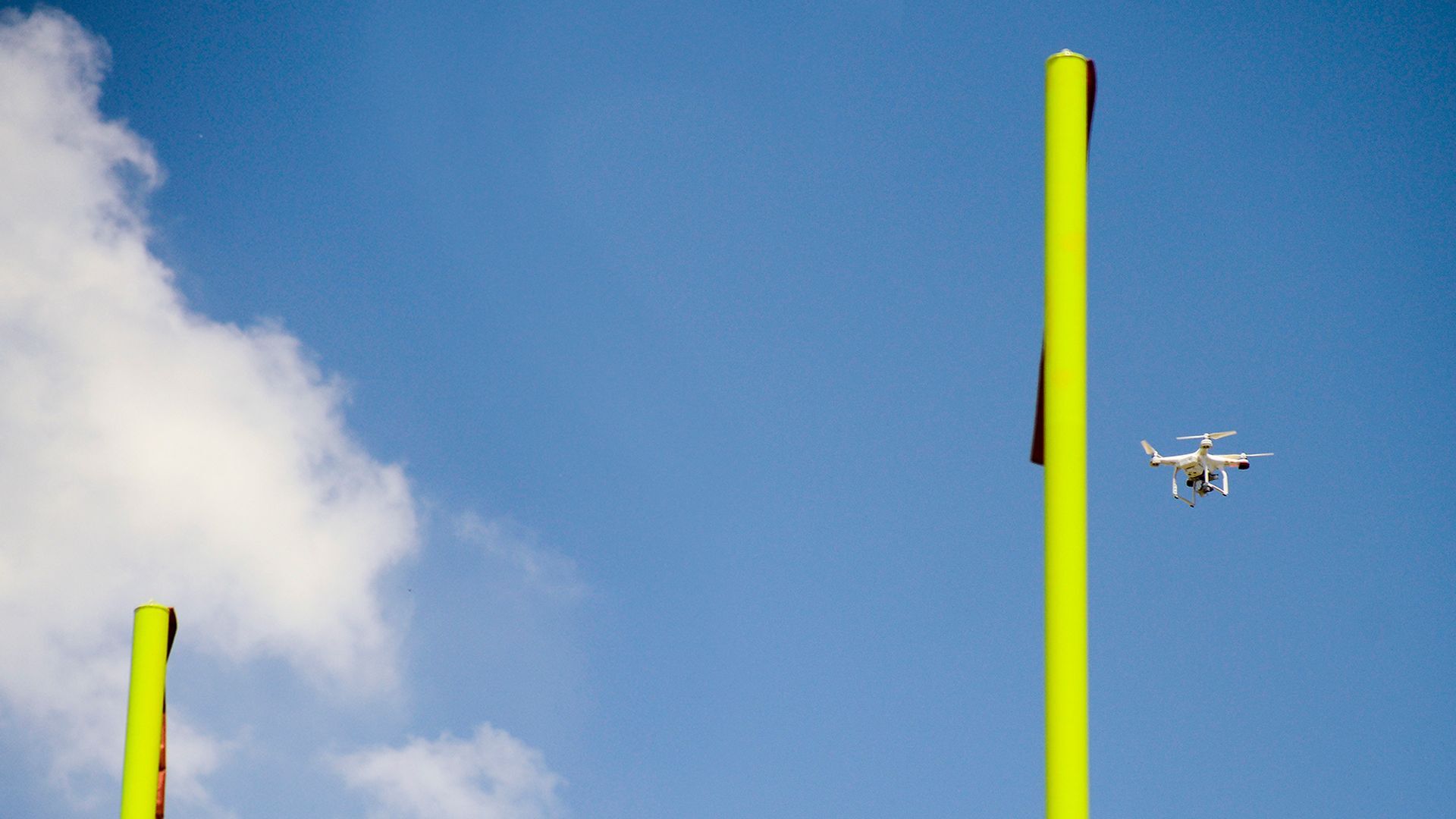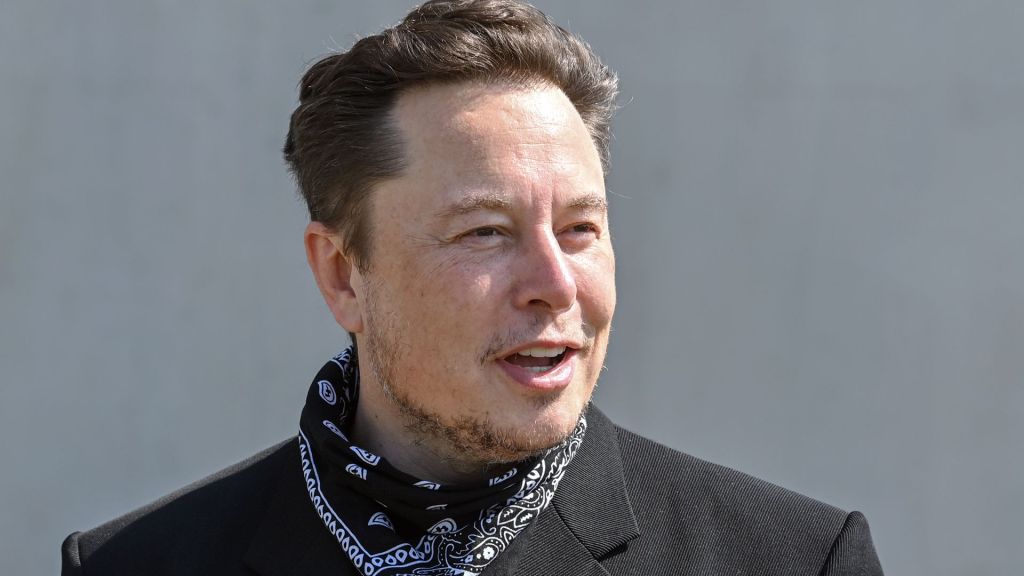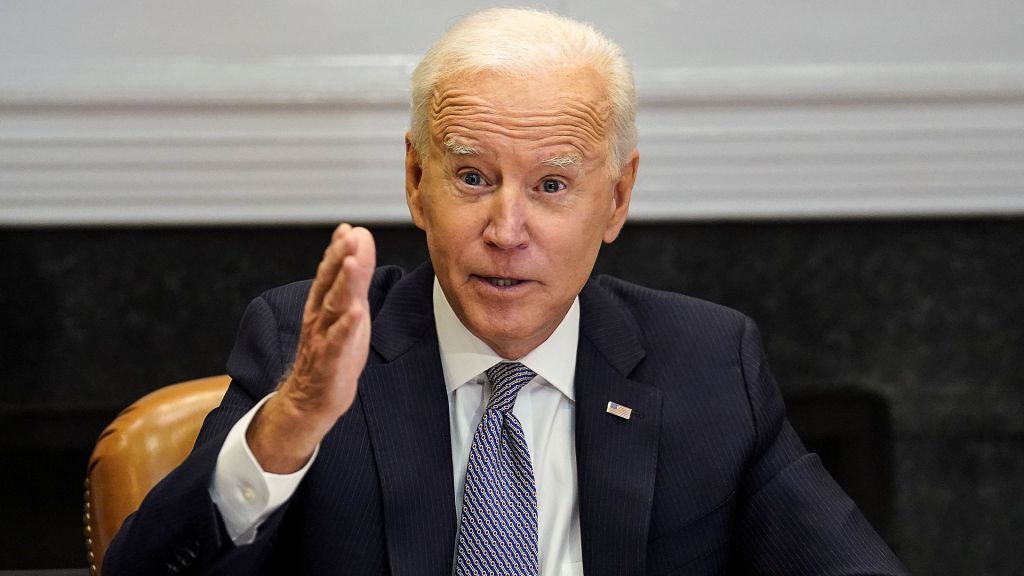
The National Football League is seeking help from Congress as it faces a growing problem of drone interruptions during games. Last season, the NFL dealt with over 2,500 drone incursions, nearly double the previous year’s total.
“The attitude of most of the stadium personnel that I have talked to over the years is it’s just a matter of time before something goes wrong,” Mike McCormick, legal counsel at the Stadium Managers Association, said.
The issue came to the forefront during a Week 3 matchup between the Seattle Seahawks and the visiting Atlanta Falcons when the game was halted for about eight minutes after a drone was spotted flying near the stadium. This came just one day after a college football game between Washington and Stanford that had to be put on hold due to an unmanned aircraft sighting.
This is not a new problem for the NFL either. In 2017, a drone dropped leaflets on NFL fans attending both a San Francisco 49ers vs. Seahawks game at Levi’s Stadium and an Oakland Raiders vs. Denver Broncos contest at Oakland-Alameda County Stadium.
“We are all very fortunate that the drone over Levi’s Stadium dropped only leaflets,” NFL Chief Security Officer Cathy Lanier said. “Drones today are capable of inflicting much greater damage.”
Other sporting leagues have also been affected by drone disruptions, such as Major League Baseball and the Premier League. Drone incursions have been seen at MLB ballparks including Target Field, Fenway Park,Yankee Stadium, and Petco Park. Meanwhile, a Premier League game between Southampton and Aston Villa was briefly stopped because of a drone flying nearby.
Under Federal Aviation Administration (FAA) laws, flying drones in or around stadiums with a capacity of 30,000 or more is prohibited one hour before and one hour after scheduled events. Violations can result in civil penalties worth over $37,000, confiscation of the drone, and possible criminal prosecution.
However, despite these consequences, the NFL believes the problem will only get worse unless Congress passes legislation that would allow law enforcement agencies to mitigate these flights. That would involve deploying technology that prevents drones from entering the area during games, a solution that the NCAA, MLB and NASCAR have all been advocating for as well.
“Some [drone incursions] we don’t know what the intentions are because we are not able to identify the operator,” Lanier said. “Some are hobbyists that are misguided and some that know what the law is but ignore it despite that.”
“Our concern is a security and safety-related issue,” added Kenneth Edmonds, a top NFL lobbyist. “Policymakers talk about the ‘careless, clueless and the criminal.’ But [Lanier] talked about how you can’t necessarily wait to make that distinction in real time.”
This upcoming season, all 32 NFL stadiums will be equipped with devices that allow them to track drones and identify if one is nearby, but they still cannot stop them from entering the airspace. League officials have cited security and safety concerns in asking Congress to grant them that power.
“The frustration is twofold: keeping pace with the technology so that we have the technology to counter the threats as they evolve, but also having the legislation to support our ability to keep pace with that threat,” Lanier said, while adding that unauthorized drones infiltrating stadiums could potentially cause “catastrophic outcomes.”
The issue has been discussed during the NFL’s annual league meeting in Phoenix, Arizona, this week, as the push for a solution from lawmakers continues. The FAA estimates that the U.S. could have over 2.5 million drones by 2025, and absent a legislative fix, this problem may continue to grow.
“If there’s a malign use of drones over stadiums or airports, there’s no authority right now that can knock those drones out of the sky or counter them, and that’s what we’re trying to fix,” Sen. Ron Johnson, R-Wis., said.






